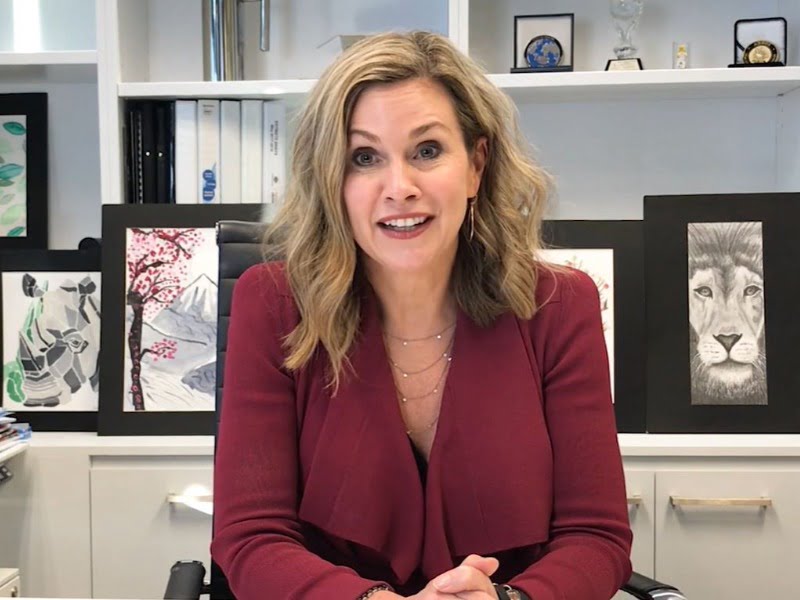Australia’s eSafety Commissioner has fined X, the social media platform formerly known as Twitter, more than $600,000 for failing to answer questions on the steps it is taking to tackle child sexual exploitation material.
The $610,500 fine is the first to be issued under the Online Safety Act, which introduced new requirements in 2022 to help ‘lift the hood’ on the online safety initiatives being pursued by social media, messaging and gaming service providers.
Google has also been given a formal warning for its failure to answer certain questions for several of its platforms, including YouTube and Gmail, despite the web giant being offered further opportunity to clarify.

The regulatory action comes more than six months after Twitter and Google, as well as TikTok, Amazon’s Twitch and Discord, were issued with legal notices requesting information on the measures they have in place to tackle child exploitation material.
eSafety sent an earlier round of notices to Apple, Meta, Microsoft, Snap and online chat website owner Omegle in August last year, but it did not result in any fines despite failings by many of the platforms.
In a report, released on Monday, providing details of the responses, eSafety said Twitter (X) and Google “did not comply with the notices given to them to the extent that they were able”, noting that Twitter’s failure was “more serious”.
“Twitter failed to provide any response to the question, such as by leaving the boxes entirely blank. In other instances, Twitter provided a response that was otherwise incomplete and/or inaccurate,” the report said.
Questions included the time it takes the platform to respond to reports of child sexual exploitation, the measures it has in place to detect child sexual exploitation in livestreams, and the tools and technologies it uses to detect child sexual exploitation material.
Twitter also failed to adequately answer questions on the number of safety and public policy staff employed at the company, eSafety said. It follows reports of significant cuts to the company’s global workforce, including almost all of its Australian employees.
The company will now have 28 days to either respond to the questions it failed to respond to or pay the fine. Ms Inman Grant has also indicated that further regulatory action could be taken if no response is forthcoming.
Google has been issued with a formal warning for providing “answers in certain instances that were not relevant or were generic”. It also provided “aggregated information” when eSafety had requested information on specific services.
Apart from Twitter, which did not respond, Google was the only platform not to provide the medium time for user reported child sexual exploitation and abuse material to be actioned by the provider. It is also not using technology to detect known child sexual exploitation videos on Gmail, Chat and Messages.
In the case of YouTube, Google was, however, found to be taking steps to detecting child sexual exploitation in livestreams, including by using language analysis technology to detect inappropriate material.
eSafety Commissioner Julie Inman Grant said the non-compliance by both Twitter and Google was disappointing, particularly as online child sexual exploitation material was continuing to grow globally.
“If Twitter/X and Google can’t come up with answers to key questions about how they are tackling child sexual exploitation they either don’t want to answer for how it might be perceived publicly or they need better systems to scrutinise their own operations,” she said.
“Both scenarios are concerning to us and suggest they are not living up to their responsibilities and the expectations of the Australian community.”
Do you know more? Contact James Riley via Email.

